Mental Health Champions: Why & How Amanda Carmean Of Delaware Counseling Is Helping To Champion Mental Wellness
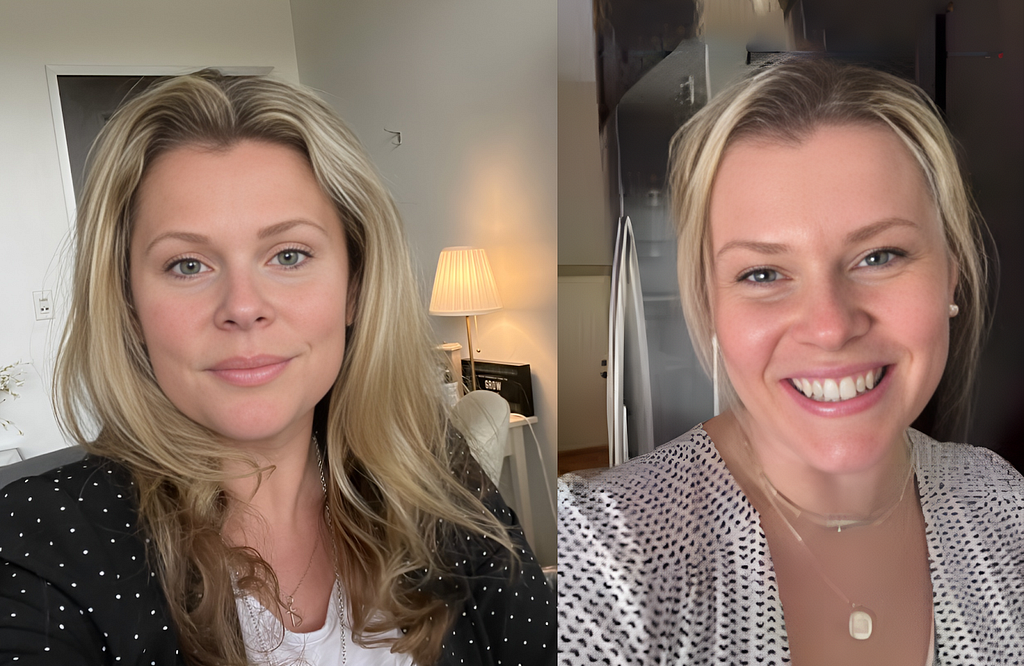
…Finally, laughter plays a vital role in my life. I read that children laugh around 300 times a day, while adults laugh far less. Laughter not only feels good but also releases positive chemicals in the brain. Watching something humorous that reminds me of a happy memory from my childhood can be incredibly uplifting…
I had the pleasure to talk to Amanda Carmean, owner of Delaware Counseling, LLC. Amanda is a seasoned mental health professional with close to two decades of experience in the field. Licensed in Delaware, she has dedicated her career to assisting individuals in coping with a variety of challenges, including addictions, trauma and abuse, career difficulties, and executive and professional coaching. Amanda emphasizes a client-centered, strength-based approach that is tailored to each individual’s unique needs, distinguishing her practice from the one-size-fits-all methodology often encountered in the mental health field.
Her professional journey was inspired by personal experiences from an early age. Growing up in Delaware after moving from upstate New York, Amanda’s early exposure to the arts and a significant life change — the divorce of her parents — played pivotal roles in shaping her career path. Her positive interaction with a therapist as a child, combined with her diverse interests ranging from music to veterinary science, eventually steered her towards psychology and therapy. Amanda’s passion for helping others was ignited by the understanding and care she received during her own times of need, guiding her decision to pursue a career where she could offer the same support to others.
Amanda’s practice stands out for its comprehensive range of services, including counseling that addresses issues such as anxiety, depression, family conflicts, stress management, and more. She also offers specialized coaching for performance enhancement among athletes, artists, and business executives, as well as career coaching services. Her work is informed by a belief in treating each client as an individual rather than just another case, a philosophy that has been the cornerstone of her approach throughout her career.
In addition to her clinical work, Amanda is committed to making her services accessible to those who serve the community, offering discounts to healthcare workers, first responders, teachers, firefighters, and police officers. She understands the importance of flexibility in scheduling, providing evening appointments to accommodate the varied schedules of her clients.
Amanda’s unique blend of professional experience, personal empathy, and dedication to her clients’ well-being makes her a standout practitioner in the mental health field. Her approach not only addresses the immediate concerns of her clients but also empowers them to achieve greater emotional wellness and resilience. Through her work, Amanda continues to make a profound difference in the lives of those she serves, embodying the principles of compassion, understanding, and personalized care that are essential to effective mental health support.
Yitzi: Amanda, thank you so much for joining us. Before we dive in, our readers would love to learn about your personal origin story. Can you share the story of your childhood and how you grew up?
Amanda: I originally come from upstate New York, Buffalo, and then moved to Delaware when I was about three. I grew up immersed in the arts — playing instruments, singing, theater. The first show I was in was “Little Women” in the theater, and I played the flute. I initially wanted to play the drums, but once I found out you could only practice on a little pad, I was quite disappointed because I had really wanted a drum set to practice on. However, I sang a lot in choir and then went to an arts middle school, followed by high school and college, which eventually led me to Florida at Stetson University.
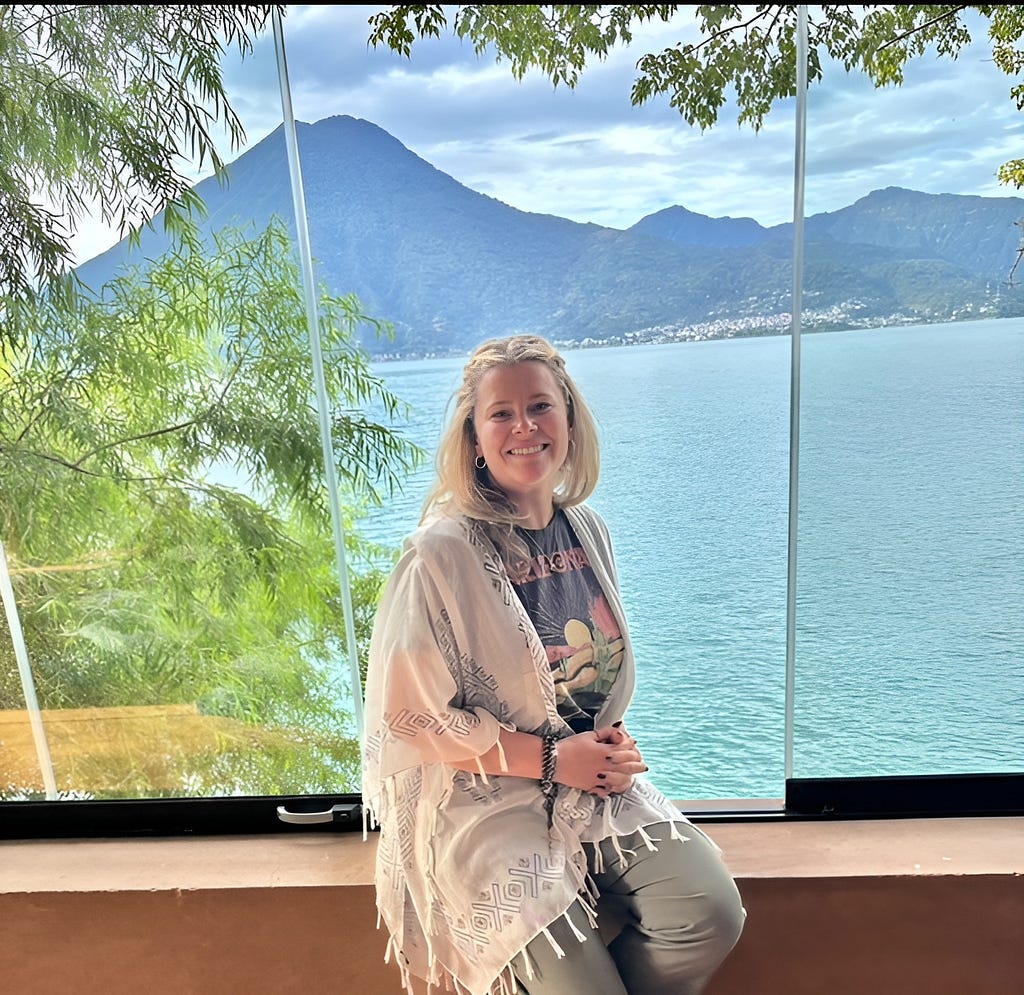
Yitzi: That’s beautiful. So, can you tell us a bit about what led you to this career as a mental health professional?
Amanda: Sure. My parents separated and divorced when I was about seven or eight years old. They wanted me and my sisters to meet with a professional to ensure everything was okay. I remember the therapist; she was very attentive and curious about me. She offered peanut butter pretzels, which I found inviting — it made sitting there and talking with her while having a snack quite appealing. That experience sparked my interest in the profession. I was about seven or eight years old and thought, “This is something I could see myself doing.”
From there, my career aspirations shifted a bit. I wanted to be a DJ after gaining some broadcasting experience in high school through a million-dollar project. I would do the morning announcements among other things and developed a real interest in music, lyrics, and artists. I also considered becoming a veterinarian and even looked into that profession while being in the FFA. However, I eventually circled back to psychology and therapy, feeling that it could be a truly helpful career path.
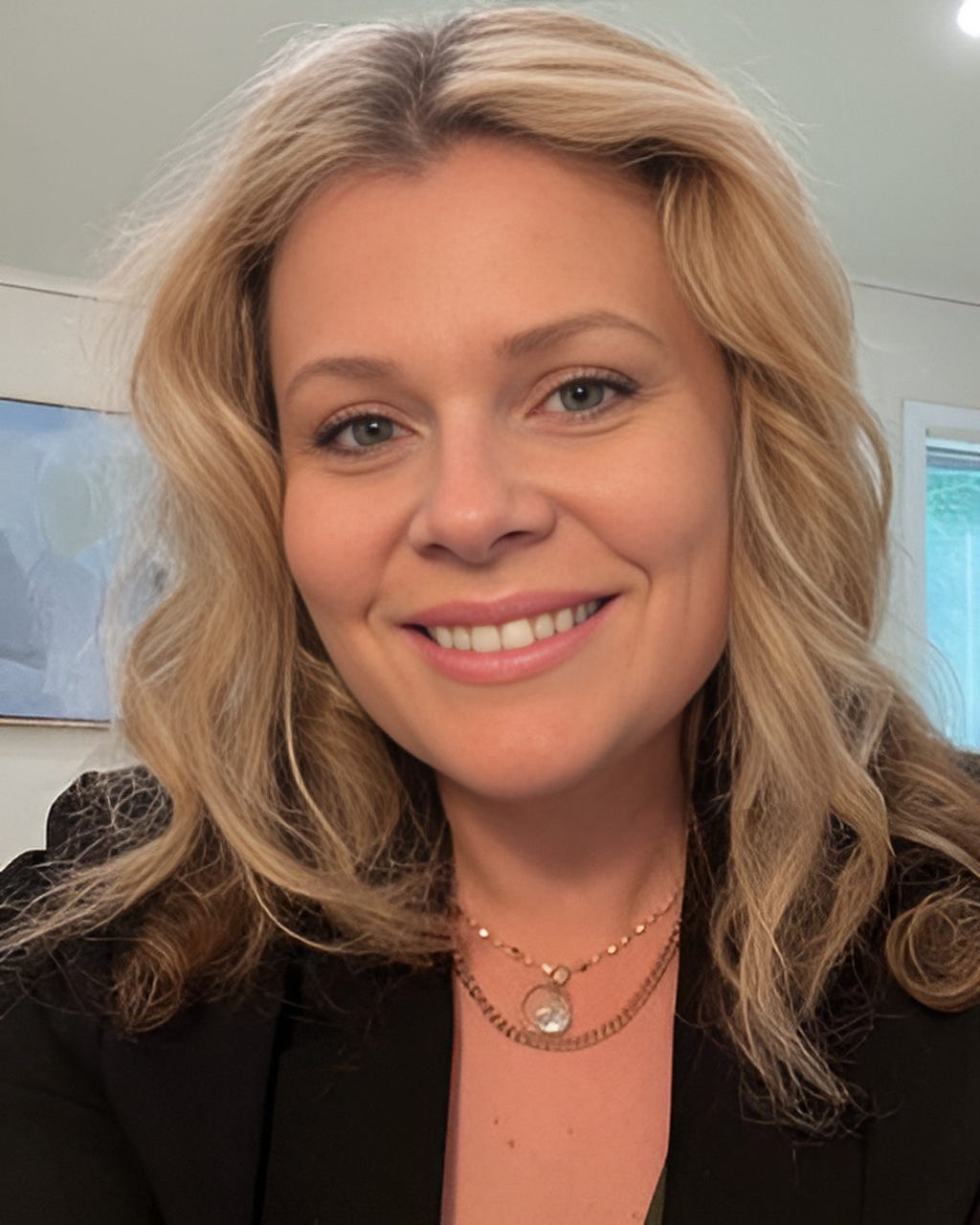
Yitzi: It’s amazing. You probably have a lot of fascinating experiences and memories from your career. And I know you can’t say any names, but could you share the most interesting story that has happened since you began your career promoting mental health?
Amanda: When I first started out as a therapist, I was working for a state agency with a very experienced supervisor named Caroline, who was amazing. I remember dealing with a teen and their parent. The parent dropped off the child, but I couldn’t proceed without consents since they’re minors. There seemed to be some miscommunication as I had tried reaching out to the parents but couldn’t get through. The parent came back at the end of the session, upset to find their daughter had been waiting. It was a challenging moment for me; I became quite angry. I tried to explain the need for consents and that I had attempted to contact him, but to no avail. He became very upset, and I had to deal with his anger. This was a significant learning opportunity for me as a new therapist. It taught me about managing my reactions and understanding that the anger directed at me was more about the other person’s issues. It was an essential lesson in checking my emotions and understanding the dynamics of transference and countertransference in counseling. This experience helped shape my approach to therapy, recognizing that often, the issues presented to me are not about me personally, but I am a vessel for someone’s else’s experiences.
Yitzi: Sure. Can you describe how your practice is unique? There are so many different therapy practices. Why should somebody come to you?
Amanda: I’ve been working for about 20 years, so I hope that experience counts for something. Since COVID in 2020, there’s been a significant shift with a surplus of counselors and therapists available. This makes it challenging for people to find the right match. It’s crucial to find someone experienced, who is a good match, and who can push you to be a better version of yourself, helping you achieve your goals. The market is highly saturated, making it difficult for individuals to open up because sharing your story requires a lot of intimacy and vulnerability. This saturation can discourage people from seeking help as they struggle to find the right fit. I specialize in various areas, including working with teens and dealing with addictions, anxiety, trauma. I also focus on performance coaching for athletes and artists, and mindset coaching, emphasizing emotional wellness and mental agility.
Yitzi: Okay. Can you share a few strategies that you use to promote your own well-being and mental wellness?
Amanda: Well, during school, my professors emphasized the importance of avoiding burnout and the high suicide rates among therapists. There are many new coaches who may not be fully trained to handle burnout and compassion fatigue, which is significant for those in healing professions. This understanding formed a crucial part of my education and continues to influence my approach to wellness. For me, faith is paramount. It grounds me and helps me stay present, ready for what the day brings. Exercise is another key aspect; it clears my mind and alleviates stress, anxiety, and nervousness. Reading has also been beneficial. Robin Sharma, author of “The Monk Who Sold His Ferrari” and author of The 5 AM Club, discusses the importance of exercise in managing anxiety, suggesting early morning workouts for peak effectiveness. Although I don’t always wake up that early, incorporating physical activity into my day is a priority, whether it’s going to the gym, practicing yoga, or doing home workouts.
A strong support system and healthy eating are crucial as well. Your gut acts as your second brain, so what you consume significantly affects your mood and mental clarity. Avoiding fast food, which can make me feel sluggish and unfocused, is part of my strategy for maintaining mental wellness.
Finally, laughter plays a vital role in my life. I read that children laugh around 300 times a day, while adults laugh far less. Laughter not only feels good but also releases positive chemicals in the brain. Watching something humorous that reminds me of a happy memory from my childhood can be incredibly uplifting. So, those are the practices that keep me grounded and support my mental wellness.
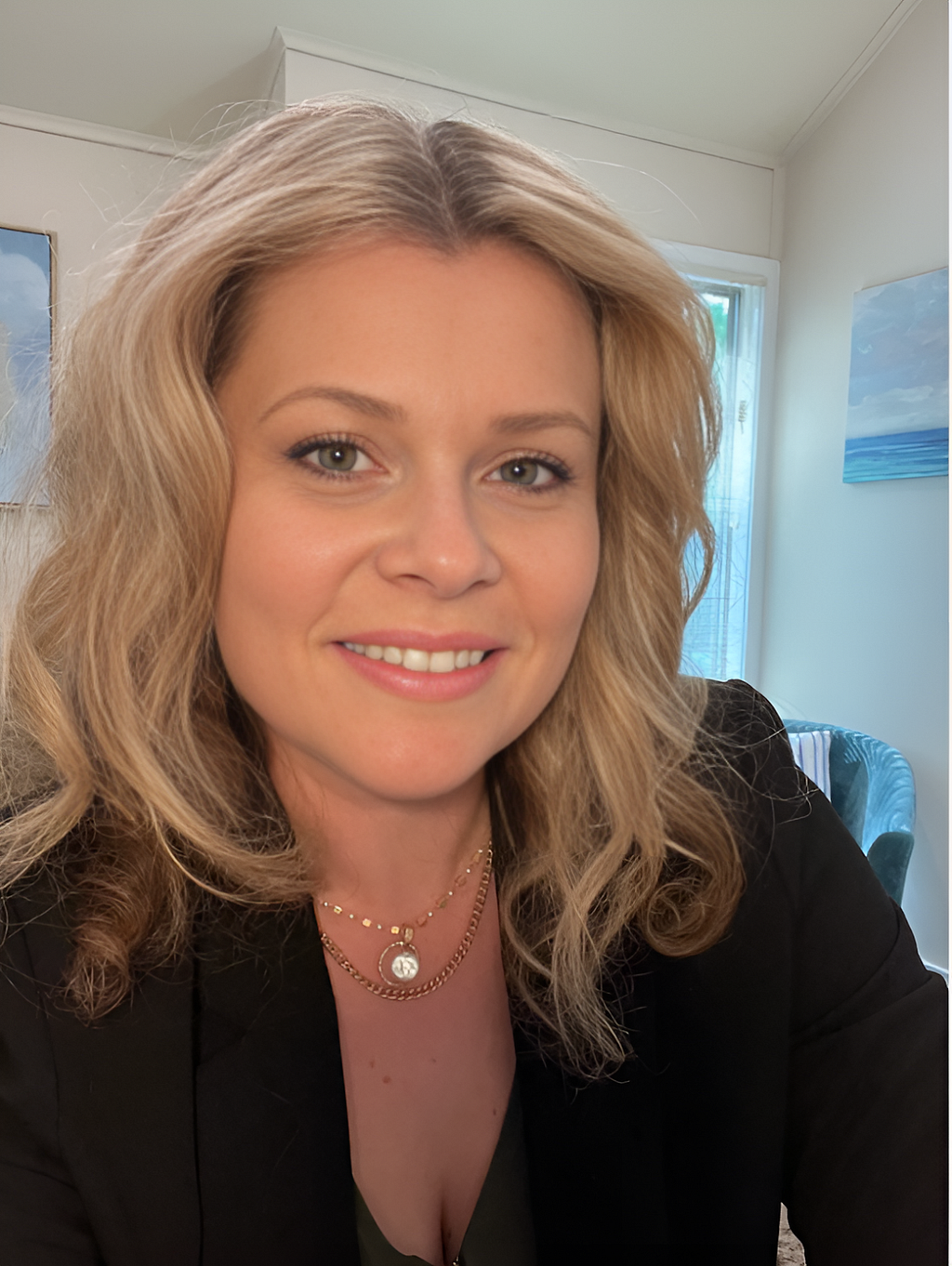
Yitzi: If you could tell other people one thing about why they should consider making a positive impact in our society like you, what would you tell them? Why should other people devote their lives to helping others like you?
Amanda: I believe that our mental well-being is foundational to our daily lives, yet it’s often overlooked. We shape our reality through our thoughts. When our minds are cluttered with negativity, our physical state mirrors this, setting the tone for our entire day. It’s startling to realize that a significant portion of our thoughts can be self-critical, reaching up to 60–75% negativity. This constant self-critique and the accumulation of limiting beliefs can severely impact us if left unaddressed.
Lately, there’s been a shift with more individuals, including celebrities, openly discussing mental health issues like anxiety and depression. This is a positive step toward raising awareness and making resources more accessible. It’s crucial to remember that feelings are temporary and don’t define our outcomes. The sense of isolation we sometimes feel is an illusion; we’re never truly alone. There’s always support available, and it’s important to remember our interconnectedness. What we’re ultimately seeking is a sense of purpose and connection.
I’ve observed that even my clients who have reached their financial or professional goals often find themselves lacking if they haven’t fostered deep connections with themselves and others. This realization leads many to explore philanthropy and community projects, searching for meaning. Connection is vital; we’re inherently social beings craving interaction and appreciation. This journey starts with self-forgiveness and fostering inner connections, being truly present with ourselves.
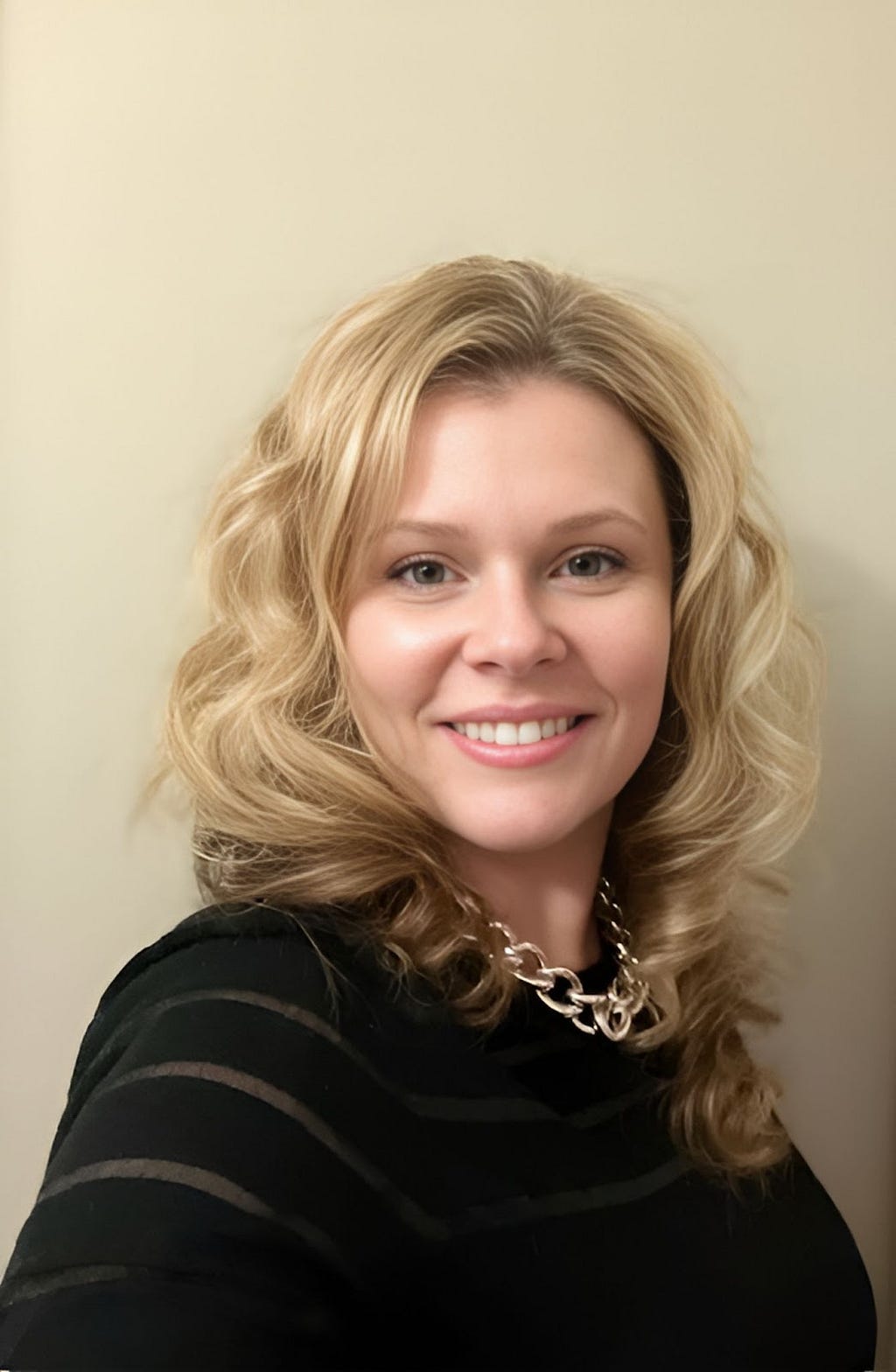
Yitzi: Last question, how can the readers continue to follow your work online? How can they get in touch with you to engage your services? How can they support you in any way? How can they follow your work? How can they get in touch with you?
Amanda: Sure. I’m on Instagram, Facebook, TikTok, and under the name The Master Mindset Coach. You can certainly reach me there, or on my website, themastermindsetcoach.com. I’d be happy to respond and see if there’s a way I can help. More than happy to.
Yitzi: Amanda, thank you so much for your time. Thank you for this beautiful interview, and we wish you continued success.
Amanda: Thank you so much.
Mental Health Champions: Why & How Amanda Carmean Of Delaware Counseling Is Helping To Champion… was originally published in Authority Magazine on Medium, where people are continuing the conversation by highlighting and responding to this story.